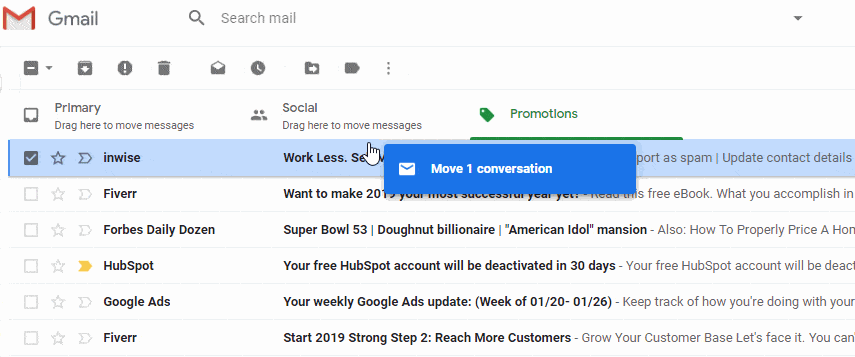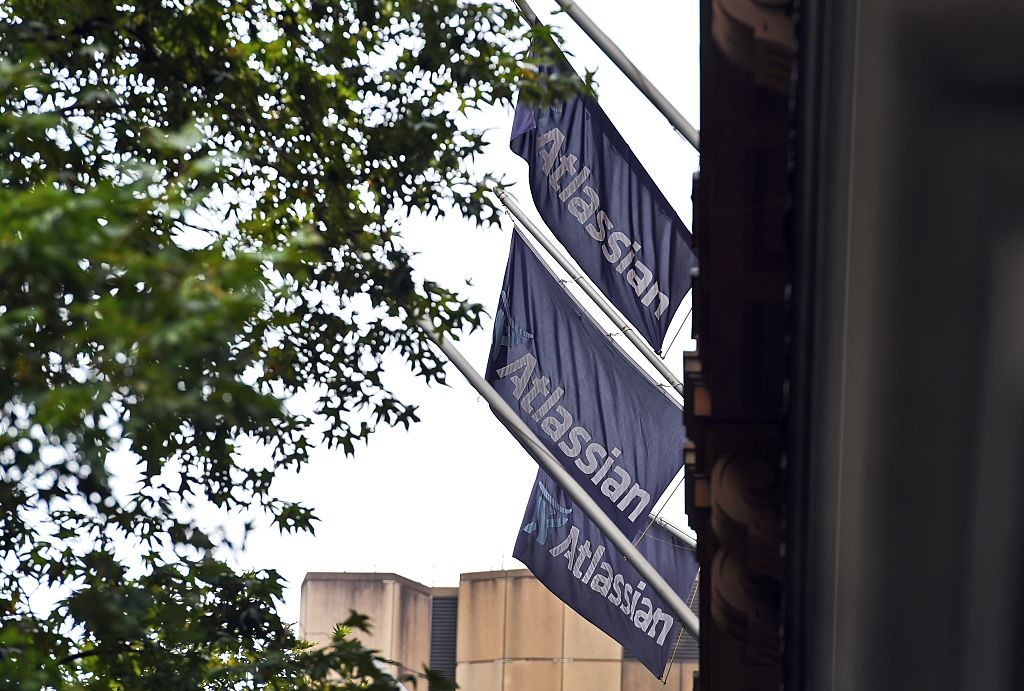Welcome to Daily Zaps — Here’s what we got for you today: 🙌
🕶️ How to access ChatGPT with vision (GPT-4V)
🤖 Google offers AI lawsuit protection
🖼️ Google AI can now generate images, write drafts
🎤 No Fakes Act to protect actors and singers from deepfakes
🔗 Other tech news
Let’s get right into it!

How to access ChatGPT with vision (GPT-4V)
Within the ChatGPT interface, vision is enabled when selecting the “Default” chat mode under “GPT-4”. This adds the ability to upload images, which ChatGPT will then analyze. This GPT-4 vision / image feature is available in the Plus and ChatGPT Enterprise plans, except in the UK and EU. To confirm if you have access look for the image upload option when the GTP-4 model is selected.
To use this feature, upload photos to start a conversation, inquire about objects in the images, analyze visual content, or examine documents. The model currently supports PNG, JPEG, and non-animated GIF formats with a maximum size of 20MB per image, but cannot process videos.
Quick example below of ChatGPT making a joke based on this image. Impressive and funny 🤪.

Google AI can now generate images, write drafts
Google's AI-driven search feature, SGE (Search Generative Experience) now offers a conversational mode that can generate images based on user prompts, akin to Bing's support for OpenAI's DALLE-E 3. The AI tool also enables users to customize the length and tone of AI-generated drafts within the platform. Recent enhancements to SGE have equipped it with the ability to craft AI-powered summaries, clarify unfamiliar terms, provide coding suggestions, and enhance travel and product searches.
A standout feature allows users to specify image types, like drawings or paintings, and SGE will showcase four AI-generated results. This image generation tool extends to Google Image search, enabling users to create images if the search doesn't yield the desired results. To ensure responsible use, Google has limited this feature to users aged 18 and above and instituted rigorous filtering policies to prevent the creation of inappropriate or misleading content.

From Our Partners
Here’s how it works:
📖 Toss in your company website, PDFs, or even a YouTube video, and watch as Dropchat works its magic and turns your content into an AI powered sidekick.
🔗 Share the chatbot via code snippet or URL with students, employees, customers, and partners.
🌐 Add the chatbot to websites for 24/7 AI powered sales, marketing, and tech support.

Google offers AI lawsuit protection
Google has announced that it will defend customers using some of its generative AI products against copyright infringement lawsuits. This move is intended to allay concerns that these AI technologies might inadvertently breach copyright rules. Google specifically named seven products that will be covered, including Duet AI in various Google platforms, Vertex AI services, and Codey APIs.
The company assures users that should they face copyright issues, Google will assume responsibility for potential legal risks. Their approach to intellectual property indemnification will safeguard both the training data used in the AI and the results generated by its foundational models. This means that if legal action is taken because Google's training data incorporated copyrighted content, the tech giant will address the legal consequences.

No Fakes Act to protect actors and singers from deepfakes
A bipartisan bill, named the Nurture Originals, Foster Art, and Keep Entertainment Safe Act of 2023 or the No Fakes Act, aims to create a federal law safeguarding actors, musicians, and other performers from unauthorized digital renditions of their faces or voices. Sponsored by Senators from both parties, the legislation restricts the creation of digital replicas without the consent of the concerned individual or rights holder, unless the content is related to news, sports broadcasts, documentaries, or biographical works. These rights would persist throughout an individual's lifetime and extend to their estate for 70 years posthumously. The bill also accounts for exceptions, allowing digital duplicates for parodies, satire, and criticism, and certain commercial activities.
The No Fakes Act is poised to unify likeness laws across the states, as such laws currently vary and some states lack them entirely. The Recording Industry Association of America supports the bill, viewing certain AI models as infringements on rights.

In case you’re interested — we’ve got a bunch of cool AI tools listed over at Daily Zaps AI hub. If you have any cool tools to share, feel free to submit them or get in touch with us by replying to this email.

Other tech and news we thought were cool 🔗

Newsletters from our friends

Refer Daily Zaps
Can you do me a solid and refer a buddy, colleague, or family member to Daily Zaps? As a thank you, I'll send you an Airtable list of over 170 AI-focused startups complete with links to their sites, founder names, funding amounts, investors, and all that good stuff.


If you don’t have anyone to refer you can still help by doing below.
Reply to this email with a simple “yes” or “no”… LOL … so that I know people are reading this tiny newsletter on the Internet.
Desktop readers, drag newsletter email to your primary inbox. This will make sure you don’t miss any issues.

On your phone? No problem. Hit the 3 dots at top right corner, click "Move to" then "Primary."
Apple mail users: Tap on our email address at the top of this email (next to "From:" on mobile) and click “Add to VIPs”

Pssst….check out what readers are saying about Daily Zaps 🥰

How much did you enjoy this email?
Peace out,
Daily Zaps Team









/cdn.vox-cdn.com/uploads/chorus_asset/file/16125019/acastro_190416_1777_music_ai_0001.0.jpg)
/cdn.vox-cdn.com/uploads/chorus_asset/file/23624357/acastro_STK124_03.jpg)



